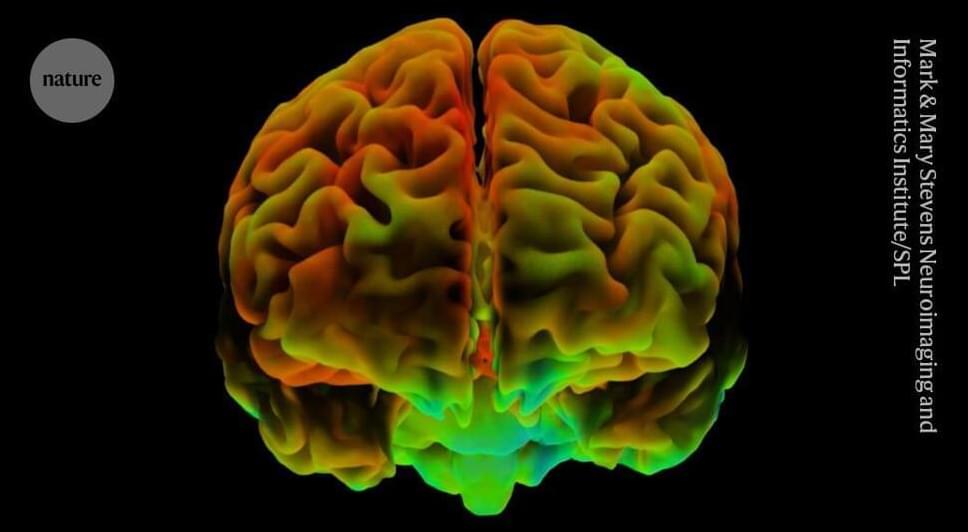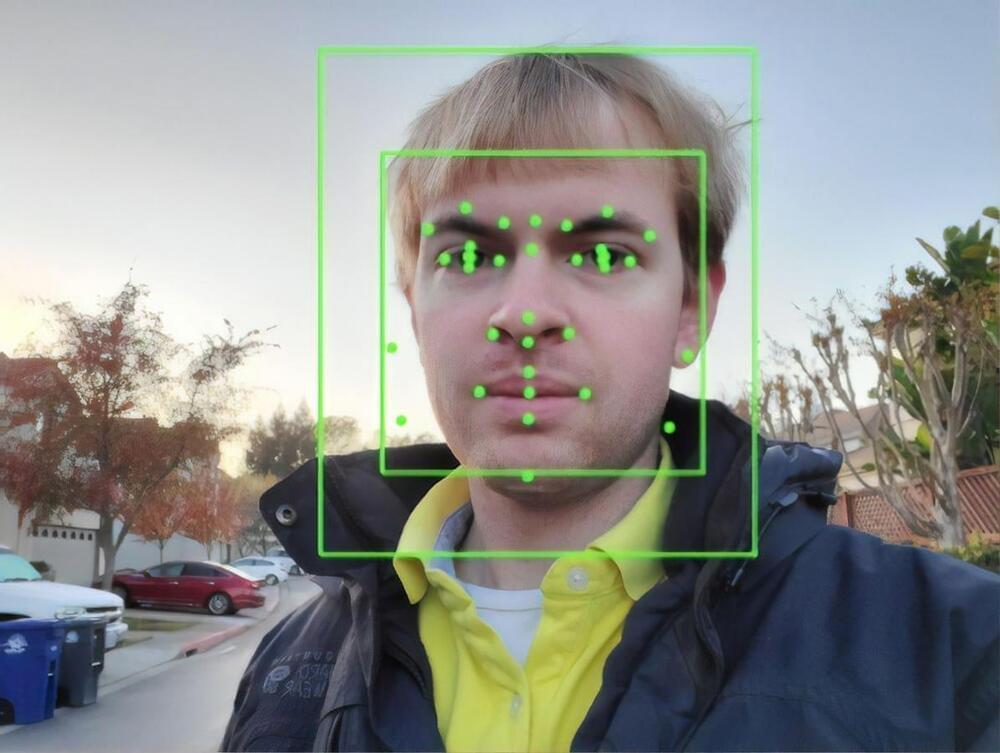
Human evolution is linked to the manipulation of the environment. Since the first hominid to use a stone as a tool — or a bone according to the iconic scene from 2001: A Space Odyssey —, we have come to recognise this as materials science. This discipline uses physics, chemistry and engineering to study how materials are formed and what their physical properties are, as well as to discover and develop new materials, such as smart materials in order to find new uses applicable to any sector.
Smart materials are materials that are manipulated to respond in a controllable and reversible way, modifying some of their properties as a result of external stimuli such as certain mechanical stress or a certain temperature, among others. Because of their responsiveness, smart materials are also known as responsive materials. These are usually translated as “active” materials although it would be more accurate to say “reactive” materials.
For example, we can talk about sportswear with ventilation valves that react to temperature and humidity by opening when the wearer breaks out in a sweat and closing when the body cools down, about buildings that adapt to atmospheric conditions such as wind, heat or rain, or about drugs that are released into the bloodstream as soon as a viral infection is detected.









